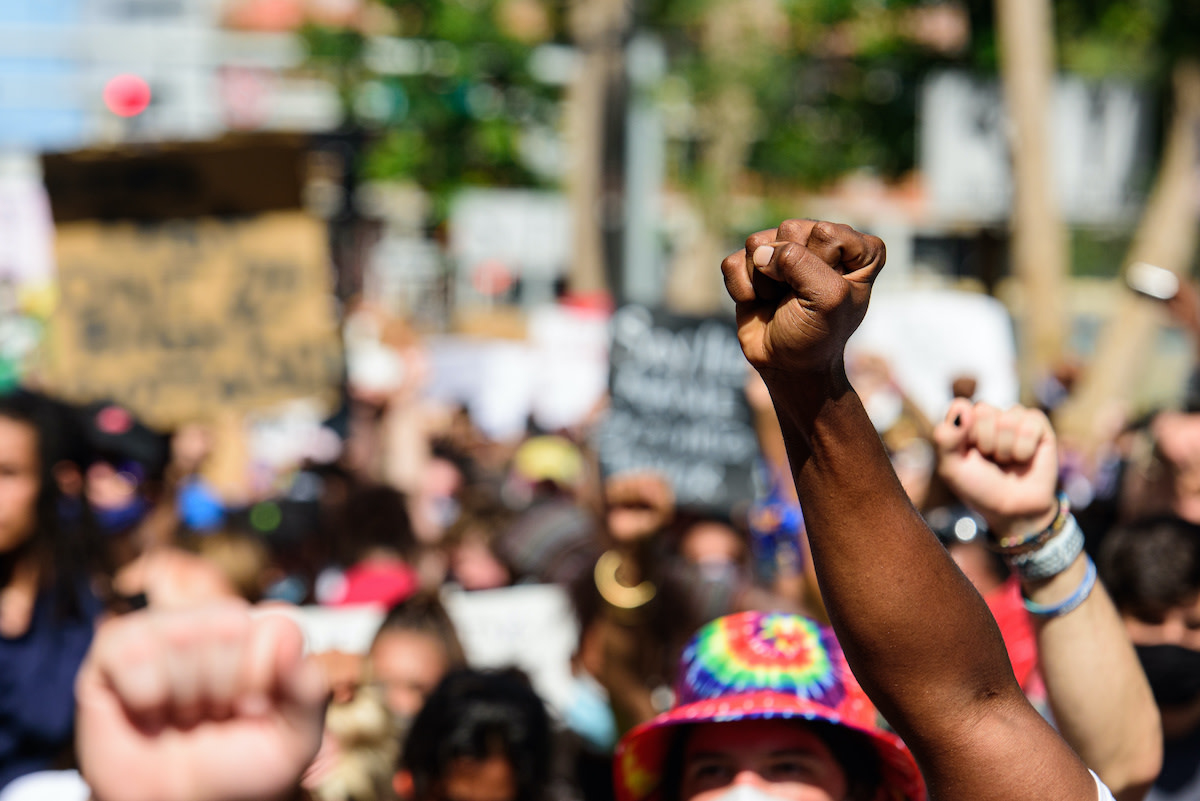What Does BIPOC Mean? How to Use the Term
Written by MasterClass
Last updated: Aug 11, 2022 • 3 min read
The acronym BIPOC is a person-first attempt to highlight the specific systemic oppression suffered by Black and Indigenous people of color. This stands in contrast to other umbrella terms, which seek to include as many racial groups as possible. Learn more about what the term BIPOC means and how to use it appropriately.
Learn From the Best
What Does BIPOC Mean?
The abbreviation “BIPOC” stands for “Black, Indigenous, and people of color,” though some define it as “Black and Indigeous people of color.” Regardless, this term differentiates from the widely used abbreviation “POC” (for people of color) in that it seeks to home in on specific racial and ethnic groups rather than encompass all nonwhite people under one umbrella definition. Some people mistakenly believe the term means “bisexual people of color,” but this is not the definition of BIPOC in any context.
The Origins of BIPOC as a Term
Social justice activists came up with the term BIPOC to single out the disparities, systemic racism, and other racial injustices Black and Indigenous people specifically face.
Some people believe this to be exclusionary to other people of color (like Latino/Latina/Latinx people, for example) who have also faced oppression. Advocates for the usage of BIPOC generally counter this by saying the term is only meant to highlight the unique plights Black and Indigenous citizens of the United States have historically endured—like slavery, segregation, and genocide—rather than exclude or downplay those atrocities other groups have faced.
The term became far more common in the wake of the Black Lives Matter movement, which began in earnest after the murder of Trayvon Martin. And then after the murder of George Floyd in 2020, BIPOC communities rose up to protest injustices like police brutality, while also demanding increased representation for Black people.
5 Tips to Help You Use BIPOC Appropriately
Using inclusive and accurate language is an important aspect of the fight for racial justice. Keep these five tips in mind as you strive to use the term BIPOC appropriately in conversation:
- 1. Aim for specificity. Use the term BIPOC when referring to the Black community or Indigenous groups of people throughout the United States. While the term might include “people of color,” it centers the experience of the aforementioned specified groups rather than aiming to apply to all communities of color. Similarly, feel free to specify even further beyond the term “BIPOC.” For instance, some Indigenous people refer to their heritage by their specific tribe rather than as “Indigenous” in a broad sense.
- 2. Consider the context. BIPOC arose as a term to highlight the pervasive and insidious amount of anti-Blackness as well as the injustice toward Indigenous communities in North America. More specifically, it aims to speak to white supremacy’s effect on those groups—rather than, say, Latin or Asian Americans—in a US context specifically. For this reason, the term might not resonate with people from other countries.
- 3. Highlight distinct experiences. Remember you can always use multiple different terms in your anti-racist activism. Suppose you want to highlight how all people of color in the United States have a harder time accessing mental health care than white people. Rather than just talk about people of color in general, you could discuss how hard it is for BIPOC people to access resources to maximize their mental health and wellness specifically. Additionally, you could talk about the unique issues faced by East and South Asian people or the plight of Pacific Islanders and other racial and ethnic groups, too.
- 4. Let people define themselves. Ultimately, let other people define themselves how they see fit rather than seek to define them yourself. The endpoint of intersectionality is individualism, so your anti-racism work should still allow for people to talk about themselves, their race and ethnicity, and their heritage as they see fit. Otherwise, you run the risk of contributing to a sense of erasure. Some people might like the term “BIPOC,” while others might think it’s too specific, too broad, or too irrelevant to their own understanding of themselves.
- 5. Replace outdated verbiage. “BIPOC” is a more up-to-date and inclusive term than older phrases, like African American and Native American. Many Black Americans are not African, and many Indigenous people prefer to refer to themselves by their tribe of origin rather than lay claim to the United States of America as a concept. This renders both terms outdated, inaccurate, and occasionally offensive. For some, BIPOC is a much more useful signifier.
Learn More About Black History
There’s a lot of information that history textbooks don’t cover, including the ways in which systems of inequality continue to impact everyday life. With the MasterClass Annual Membership, get access to exclusive lessons from Angela Davis, Dr. Cornel West, Jelani Cobb, John McWhorter, Kimberlé Crenshaw, Nikole Hannah-Jones, and Sherrilyn Ifill to learn about the forces that have influenced race in the United States.
